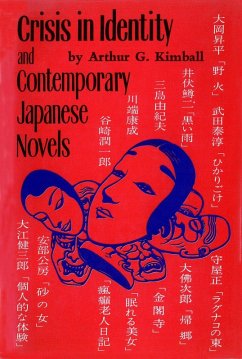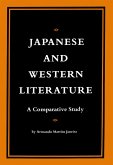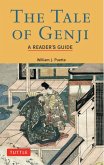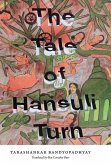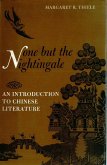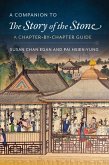This book is a critical study of ten postwar Japanese novels that focus on man's search for identity in the modern world.
With the presentation of the Nobel Prize for Literature to a Japanese author in 1969, the international significance of modern Japanese literature was formally recognized by the Western world. The best indication of the West's present keen appreciation of modern Japanese literature is the large number of excellent translations that have appeared in recent years.
In Crisis in Identity a common theme-modern man's search for identity-has been traced through ten major novels. This quest takes place n conjunction with wartime cannibalism, the atomic bombing of Hiroshima, expatriation, senile eroticism, and personal and social alienation. The works in which these are depicted include:
With the presentation of the Nobel Prize for Literature to a Japanese author in 1969, the international significance of modern Japanese literature was formally recognized by the Western world. The best indication of the West's present keen appreciation of modern Japanese literature is the large number of excellent translations that have appeared in recent years.
In Crisis in Identity a common theme-modern man's search for identity-has been traced through ten major novels. This quest takes place n conjunction with wartime cannibalism, the atomic bombing of Hiroshima, expatriation, senile eroticism, and personal and social alienation. The works in which these are depicted include:
- Diary of a Mad Old Man (Junichiro Tanizaki)
- House of the Sleeping Beauties (Yusunari Kawabata)
- Black Rain (Masuji Ibuse)
- Fires on the Plain (Shohei Ooka)
- THe Temple of the Golden Pavilion (Yukio Mishima)
- The Woman in the Dunes (Kobe Abe)
- A Personal Matter (Kenzaburo Oe)
Dieser Download kann aus rechtlichen Gründen nur mit Rechnungsadresse in A, D ausgeliefert werden.

